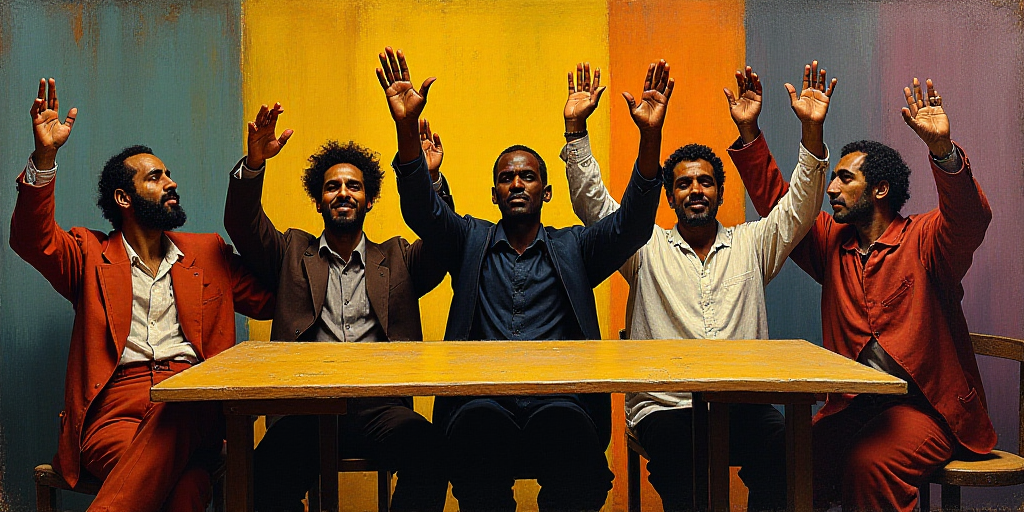Background on María Fernanda Campos Sheinbaum
María Fernanda Campos Sheinbaum, Mexico City’s head of government, proposed the customs reform aiming to tackle corruption and improve transparency in Mexico’s customs operations. As an architect and urban planner by profession, Sheinbaum has been a prominent figure in Mexican politics since her appointment as head of the capital city’s government in 2018. Her reform seeks to address long-standing issues within Mexico’s customs system, making it more accountable and efficient.
Key Aspects of the Customs Reform
The customs reform aims to implement significant changes in Mexico’s customs operations, focusing on holding customs agents fully and solidarily responsible for the trade operations they participate in. This reform seeks to eliminate existing exclusions of liability for customs agents as outlined in the current Customs Law.
Elimination of Exclusion Clauses
Currently, customs agents are not held responsible if discrepancies in taxes or regulatory non-compliance of imported or exported goods result from false or misleading information provided by importers or exporters, which the agents cannot detect due to lack of visibility.
With this reform, customs agents will now be jointly and fully liable for trade operations alongside importers and exporters. This change requires agents to verify the accuracy of information provided regarding any goods, preventing fraudulent activities such as smuggling or undervaluation of merchandise.
Additional Changes
- Customs agent licenses will now have a duration of 20 years, extended from the original 10-year proposal by the federal executive.
- Agents will be required to recertify every three years.
- A Customs Council will be established to grant, renew, suspend, or revoke customs agent and agency licenses.
- Enhanced oversight of strategic customs facilities will be implemented, along with stricter penalties for violations.
- A normative provision will enable customs authorities to enter into agreements with the Digital Transformation and Telecommunications Agency for technological management and data analysis in customs operations.
Opposition Concerns and Key Questions
Potential Impact on International Trade
Opposition lawmakers from PAN, PRI, and Movimiento Ciudadano (MC) announced they would vote against the reform, citing concerns that it could negatively affect Mexico’s international trade flows. They argue that the reform introduces excessive bureaucracy for both exports and imports, making them less efficient.
Lack of Equivalent Requirements for Public Officials
Critics point out that while customs agents will undergo rigorous selection and certification processes, there are no comparable legal requirements for public officials working in customs. This creates an uneven playing field, according to these lawmakers.
Effectiveness Against Corruption
Some opposition members question the reform’s effectiveness in combating corruption, specifically targeting the “huachicol fiscal” (tax evasion) issue. They argue that the real problem lies in the corruption within the naval forces responsible for customs, rather than among customs agents.
Key Questions and Answers
- What does the customs reform propose? The reform aims to make customs agents fully and solidarily responsible for trade operations, eliminating existing exclusion clauses that protect them from liability due to false or misleading information provided by importers and exporters.
- What are the additional changes brought by the reform? The reform includes a 20-year license duration for customs agents, mandatory three-year recertifications, the establishment of a Customs Council, enhanced oversight of strategic customs facilities, and provisions for technological management in customs operations.
- Why are opposition lawmakers concerned about the reform? Opposition parties argue that the reform introduces excessive bureaucracy, potentially harming Mexico’s international trade efficiency and creating an uneven playing field by imposing stricter requirements on customs agents without equivalent obligations for public officials involved in customs.
- Do critics believe the reform effectively addresses corruption? Some opposition members question whether the reform adequately tackles corruption within customs operations, suggesting that the focus should be on addressing corruption among naval forces responsible for customs oversight.






